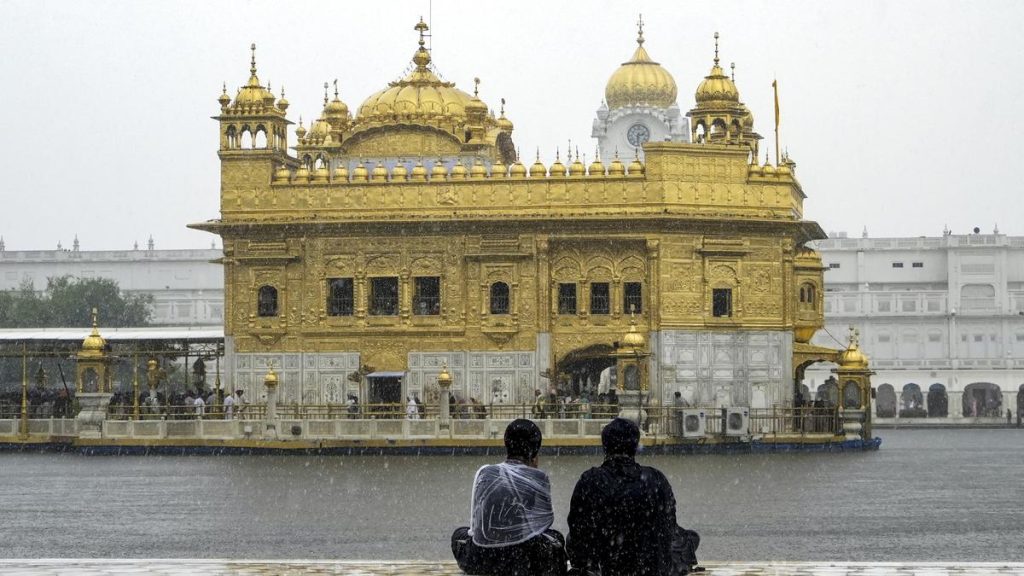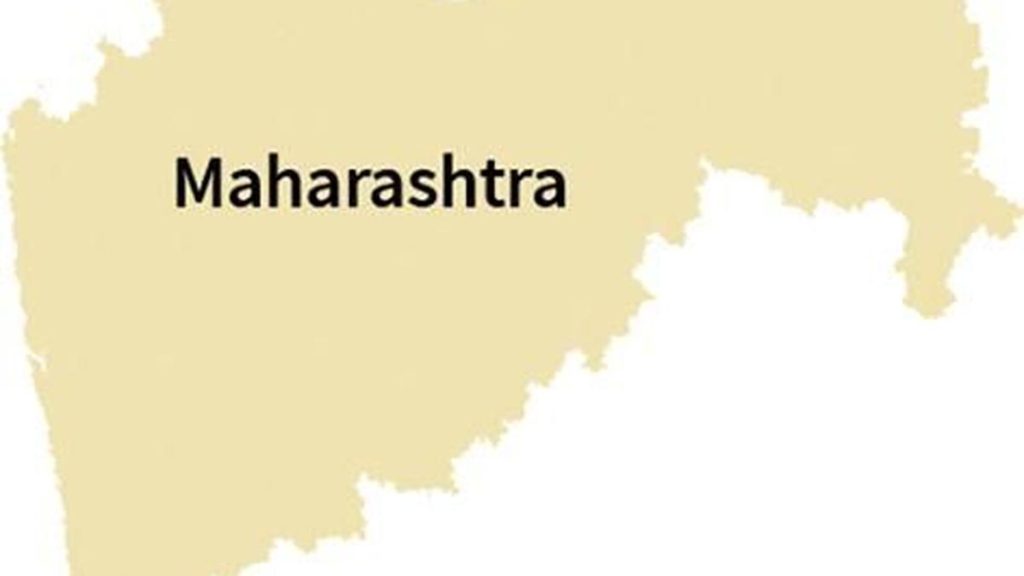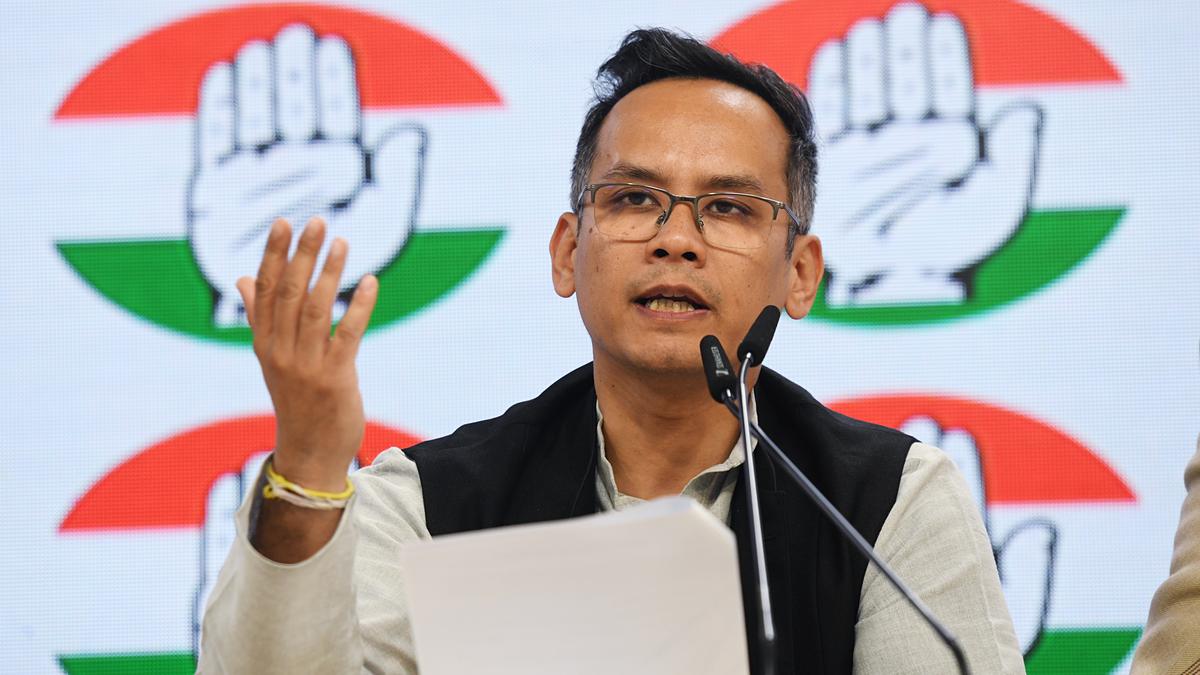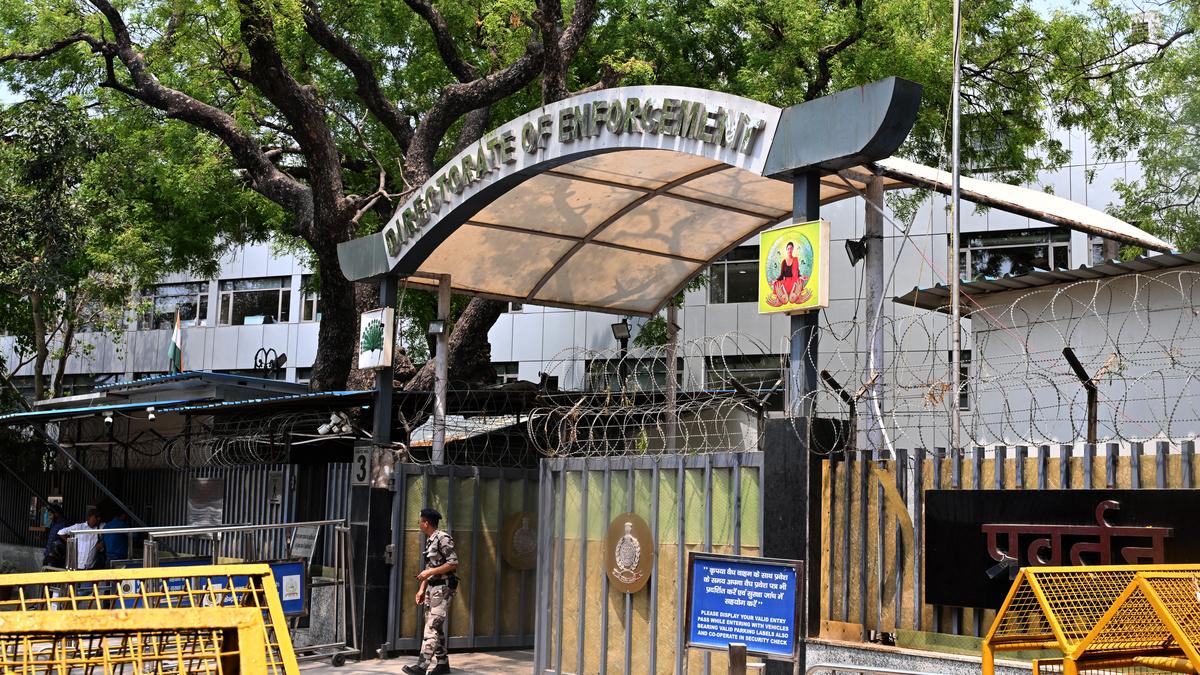Now Reading: SC Petition Challenges U.P. QR Code Rule for Eateries on Kanwar Route
-
01
SC Petition Challenges U.P. QR Code Rule for Eateries on Kanwar Route
SC Petition Challenges U.P. QR Code Rule for Eateries on Kanwar Route
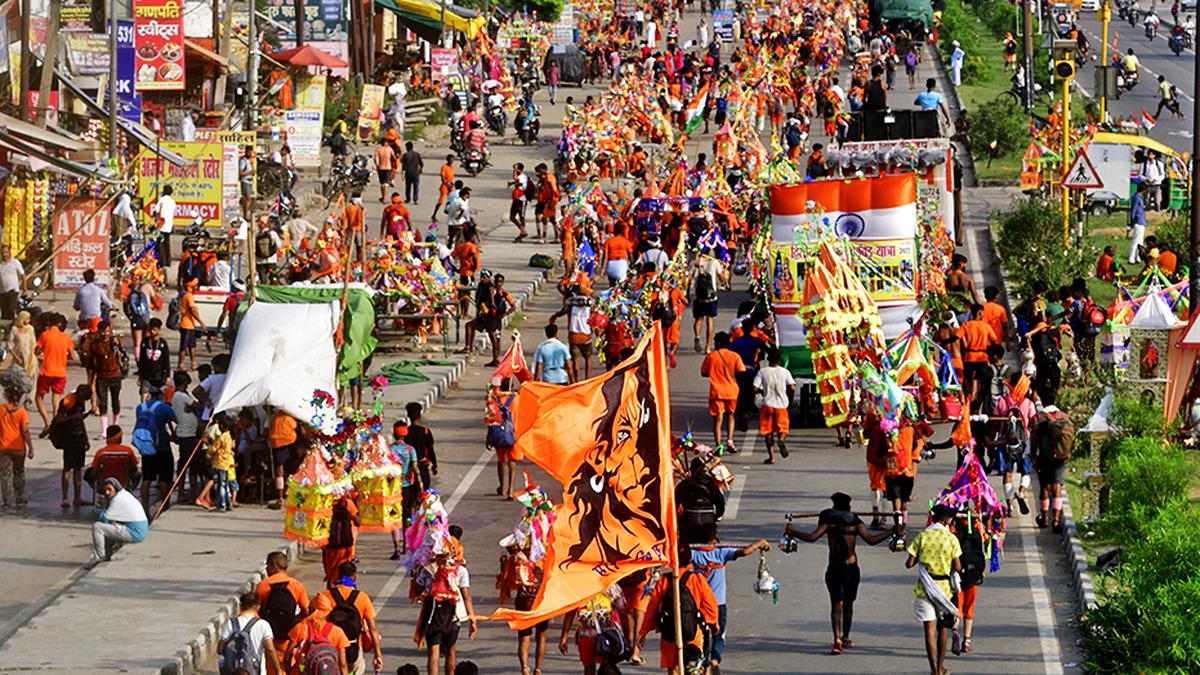
Quick Summary
- The Supreme Court will hear a plea on July 15 challenging the Uttar Pradesh government’s directive mandating QR codes on all eateries along the Kanwar route.
- These QR codes reveal the names and identities of owners, prompting concerns over privacy and discriminatory profiling.
- A Bench of Justices MM Sundresh and N Kotiswar Singh will deliberate on the PIL filed by academician Apoorvanand jha and others.
- Similar directives from BJP-led Uttar Pradesh, Uttarakhand, and Madhya Pradesh were stayed by the court last year.
- The petition claims requiring stall owners to disclose religious or caste identities under “lawful license requirements” violates thier right to privacy.
- Devotees undertaking the Kanwar Yatra traditionally avoid meat, onions, and garlic during Shravan for religious reasons.
Indian Opinion Analysis
The issue touches upon crucial constitutional principles such as privacy rights versus administrative oversight. While QR codes aim to ensure clarity in ownership data along pilgrimage routes heavily frequented by devotees, critics argue that such measures may lead to discriminatory practices or profiling based on religious identity. Any breach of privacy could set concerning precedents if upheld.
This case also reflects broader societal sensitivities around food practices tied to religion during sacred months like Shravan. While governance must balance logistical needs-with a focus on public safety-mandating identity disclosures raises debates about proportionality between citizen liberties and state intervention. With past directives already stayed by the judiciary, this decision could potentially reaffirm or refine interpretations of individual privacy in India’s evolving legal framework.
Read more: Link



